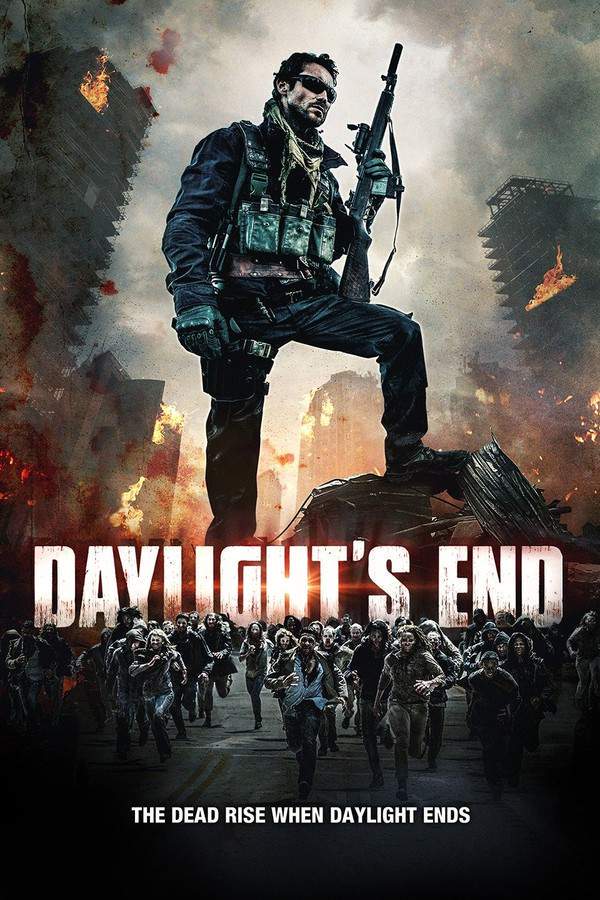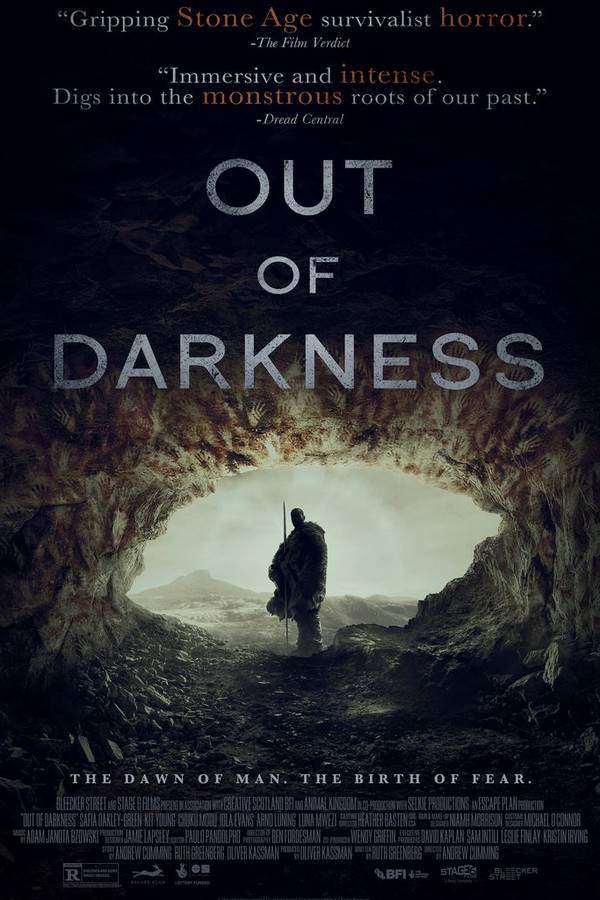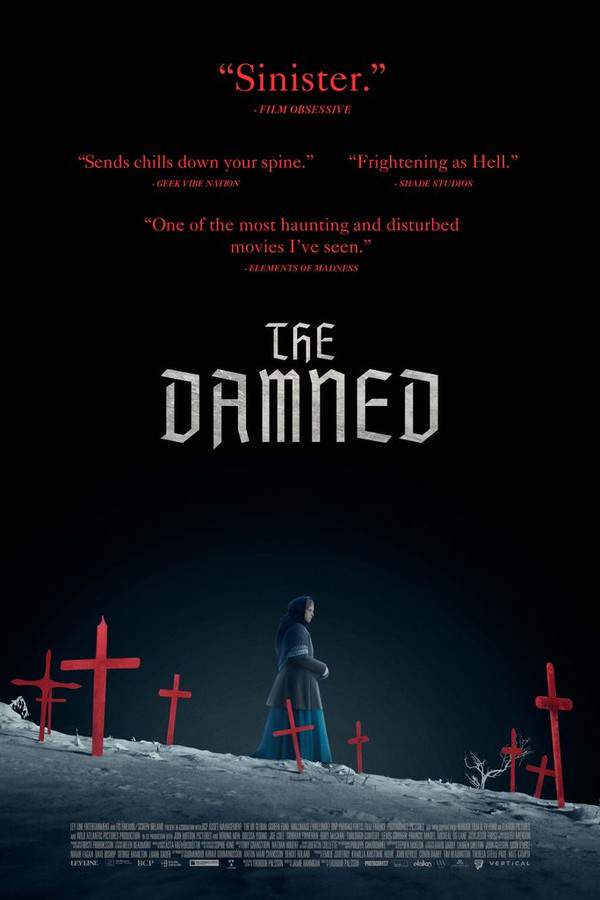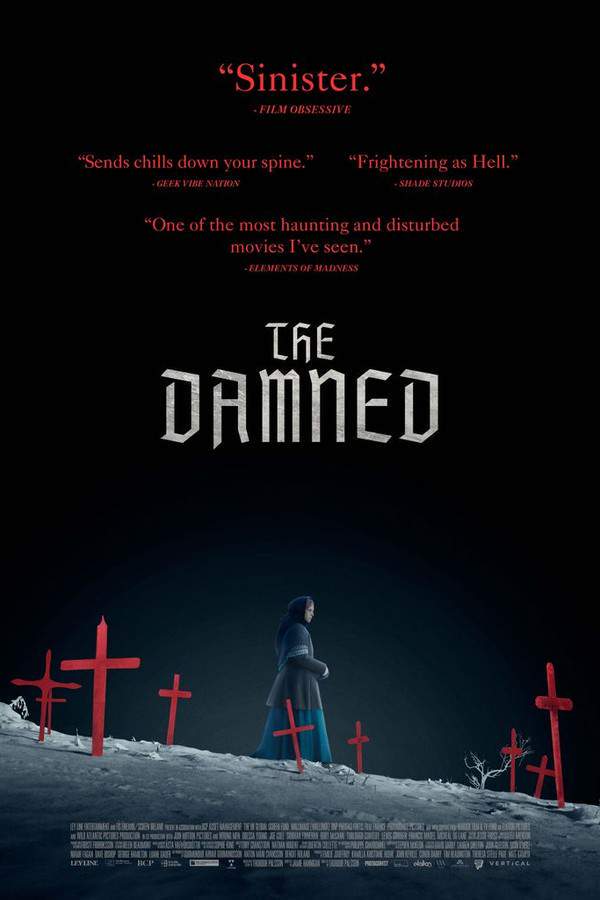
Sometimes a Great Notion
Year: 1971
Runtime: 114 mins
Language: English
Hank Stamper and his father Henry run the family logging business in Oregon, cutting and shipping timber, guided by the motto “Never give an inch.” Other loggers strike, demanding the Stampers stop, but Hank drives his crew harder. His wife urges him to quit and spend time together, and Leland’s arrival adds fresh tension to the strained family.
Warning: spoilers below!
Haven’t seen Sometimes a Great Notion yet? This summary contains major spoilers. Bookmark the page, watch the movie, and come back for the full breakdown. If you're ready, scroll on and relive the story!
Sometimes a Great Notion (1971) – Full Plot Summary & Ending Explained
Read the complete plot breakdown of Sometimes a Great Notion (1971), including all key story events, major twists, and the ending explained in detail. Discover what really happened—and what it all means.
In the fictional town of Wakonda, Oregon, the local economy teeters on the edge of a sharp conflict when the logging union goes on strike against a powerful lumber conglomerate. The heart of the dispute centers on Hank Stamper, [Paul Newman], a stubborn independent logger who refuses to bow to outside pressure, and his father Henry Stamper, [Henry Fonda], who shares his son’s pride and defiance. When they are urged to back the strikers, they stand firm, and the townspeople begin to treat them as traitors, casting a wary eye on the family compound where Hank, Henry, and the rest of the Stampers keep to their business and their loyalty to each other. There, Henry’s good-natured nephew Joe Ben Stamper, [Richard Jaeckel], rounds out the clan, a reminder that the Stamper presence is a fixture of the town’s life and its fate.
Hank battles to keep the small family enterprise afloat, a struggle that strains his relationship with his wife Viv Stamper, [Lee Remick]. Viv longs for resolution to the territorial quarrel, yet she understands Hank’s stubborn resolve and accepts the path he chooses, even as their world grows more brittle. Into this already fraught dynamic steps Leland “Lee” Stamper, [Michael Sarrazin], Henry’s youngest son and Hank’s half-brother. Lee returns from college with urban sensibilities and a sharp education, but he also carries a heavy burden—his drinking, the memory of a mother who died by suicide, and a deep depression that he has been hiding from those around him. He reveals his past pain and urges Viv to consider leaving the life she knows, adding another layer to a family already on edge.
Despite the awkwardness of living with relatives he barely knows, Lee chooses to stand with the Stampers when they face not only locals who have burned their equipment but also the unforgiving force of nature as they try to move logs downriver. The battle becomes a test of loyalty, courage, and endurance as the Stampers push forward against both human and elemental threats. The stakes escalate dramatically when tragedy strikes: a falling tree severs Henry’s arm, and a trunk crushes Joe Ben as he wades in shallow water. Lee hurriedly takes his father to the hospital, while Joe Ben finds a grim, dark humor about his own peril until fate silences him as the heavy logs threaten to roll again.
In the hospital, Henry’s life slips away after finally voicing his approval of Lee, who then reveals to Hank that Viv has left. The loss lands hard on Hank, who returns to an empty home and seems to abandon the fight, wondering if the world has moved on without him. Yet the river and the family call him back to action. Hank decides to deliver the remaining logs, even if it means facing the dangers alone; Lee joins him, and together they line up along the riverbank, facing a crowd that expects their downfall. But the Stampers prevail, their persistence defying the odds, and in a defiant, almost defiant flourish, Henry’s severed arm is strapped to the boat, a stark, irreverent gesture that signals their unyielding stance to all who watch. The moment crystallizes not only the resilience of the family, but the stubborn pride that has always defined them, and it cements their place as a force to be reckoned with in Wakonda.
Last Updated: October 07, 2025 at 08:23
Explore Movie Threads
Discover curated groups of movies connected by mood, themes, and story style. Browse collections built around emotion, atmosphere, and narrative focus to easily find films that match what you feel like watching right now.
Defiant family sagas like Sometimes a Great Notion
Stories of families bound by a fierce, isolating pride as they confront external threats.Find movies like Sometimes a Great Notion that explore families bound by a fierce, stubborn pride as they stand against the world. These heavy dramas feature intense internal and external conflicts, often set against harsh environments, where loyalty is tested and survival comes at a great personal cost.
Narrative Summary
The narrative follows a family unit, often patriarchal and set in a specific, demanding locale, as they refuse to bend to outside pressure. This defiance escalates the conflict, straining relationships from within while rallying them against a common enemy. The story explores the high cost of their resilience, often culminating in a victory that is profoundly bittersweet due to personal loss.
Why These Movies?
These films are grouped by their core theme of familial defiance, a high emotional weight, and a dark, gritty tone. They share a steady pacing that allows for deep character exploration amid rising external tension, creating a cohesive experience of grim resilience and heavy drama.
Grim survival dramas like Sometimes a Great Notion
Character-driven tales of primal struggle against nature and circumstance.Explore movies similar to Sometimes a Great Notion that focus on the brutal struggle for survival in harsh environments. These films feature high-stakes conflict against nature, a dark and tense atmosphere, and emotionally heavy journeys where resilience is tested to its absolute limit.
Narrative Summary
The plot is driven by a fundamental struggle for survival against an unforgiving environment or industry. Characters are defined by their resilience and stubborn will to endure, facing both natural dangers and human opposition. The journey is marked by significant loss and trauma, leading to an ending that acknowledges their endurance but underscores the devastating price paid.
Why These Movies?
Movies in this thread share a high-intensity, dark tone centered on survival. They feature a steady pacing that builds tension methodically and a heavy emotional weight derived from the constant threat of loss. The unifying element is the bleak, gritty atmosphere of man versus a formidable world.
Unlock the Full Story of Sometimes a Great Notion
Don't stop at just watching — explore Sometimes a Great Notion in full detail. From the complete plot summary and scene-by-scene timeline to character breakdowns, thematic analysis, and a deep dive into the ending — every page helps you truly understand what Sometimes a Great Notion is all about. Plus, discover what's next after the movie.
Sometimes a Great Notion Timeline
Track the full timeline of Sometimes a Great Notion with every major event arranged chronologically. Perfect for decoding non-linear storytelling, flashbacks, or parallel narratives with a clear scene-by-scene breakdown.

Characters, Settings & Themes in Sometimes a Great Notion
Discover the characters, locations, and core themes that shape Sometimes a Great Notion. Get insights into symbolic elements, setting significance, and deeper narrative meaning — ideal for thematic analysis and movie breakdowns.

Sometimes a Great Notion Spoiler-Free Summary
Get a quick, spoiler-free overview of Sometimes a Great Notion that covers the main plot points and key details without revealing any major twists or spoilers. Perfect for those who want to know what to expect before diving in.

More About Sometimes a Great Notion
Visit What's After the Movie to explore more about Sometimes a Great Notion: box office results, cast and crew info, production details, post-credit scenes, and external links — all in one place for movie fans and researchers.

Similar Movies to Sometimes a Great Notion
Discover movies like Sometimes a Great Notion that share similar genres, themes, and storytelling elements. Whether you’re drawn to the atmosphere, character arcs, or plot structure, these curated recommendations will help you explore more films you’ll love.
Explore More About Movie Sometimes a Great Notion
Sometimes a Great Notion (1971) Scene-by-Scene Movie Timeline
Sometimes a Great Notion (1971) Movie Characters, Themes & Settings
Sometimes a Great Notion (1971) Spoiler-Free Summary & Key Flow
Movies Like Sometimes a Great Notion – Similar Titles You’ll Enjoy
Never Steady, Never Still (2018) Movie Recap & Themes
Sometimes Always Never (2020) Full Movie Breakdown
Deep Rivers (2018) Film Overview & Timeline
Sometimes Always Never (2018) Ending Explained & Film Insights
The Valley of the Giants (1919) Complete Plot Breakdown
All Fall Down (1962) Story Summary & Characters
The Bed You Sleep In (1993) Movie Recap & Themes
The Big Trees (1952) Spoiler-Packed Plot Recap
The Whole Wide World (1996) Plot Summary & Ending Explained
Home from the Hill (1960) Film Overview & Timeline
King of the Lumberjacks (1940) Full Movie Breakdown
God’s Country and the Woman (1937) Plot Summary & Ending Explained
A Summer Place (1959) Story Summary & Characters
A Stone Left Unturned (1999) Complete Plot Breakdown
Come and Get It (1936) Film Overview & Timeline












































